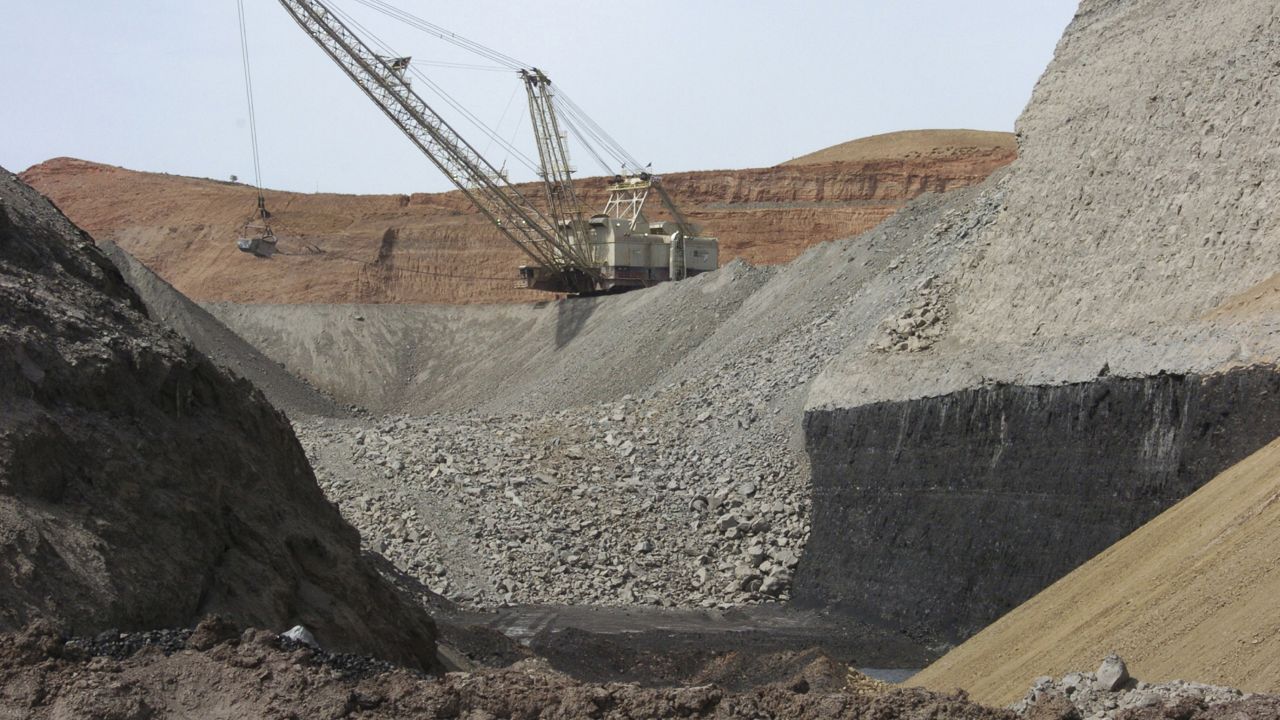A federal judge on Friday reinstated a moratorium on coal leasing from federal lands that was imposed under former President Barack Obama and then scuttled under former President Donald Trump.
The ruling from U.S. District Judge Brian Morris requires government officials to conduct a new environmental review before they can resume coal sales from federal lands.
Almost half the nation’s annual coal production — some 260 million tons last year — is mined by private companies from leases on federal land, primarily in Western states such as Wyoming, Montana and Colorado.
Few coal leases were sold in recent years after demand for the fuel shrank drastically. But the industry’s opponents had urged Morris to revive the Obama-era moratorium to ensure it can’t make a comeback as wildfires, drought, rising sea levels and other effects of climate change worsen.
Coal combustion for electricity remains one of the top sources of U.S. greenhouse gas emissions, even after many power plants shut down over the past decade because of concerns over pollution and changing economic conditions.
The coal program brought in about $400 million to federal and state coffers through royalties and other payments in 2021, according to government data. It supports thousands of jobs and has been fiercely defended by industry representatives, Republicans in Congress and officials in coal producing states.
Among President Joe Biden’s first actions in his first week in office was to suspend oil and gas lease sales — a move later blocked by a federal judge — and he faced pressure from environmental groups to take similar action against coal.
The administration last year launched a review of climate damage from coal mining on public lands as it expanded scrutiny of government fossil fuel sales that contribute to greenhouse gas emissions. But no changes had been announced as a result of that review, said environmental attorney Jenny Harbine.
“This decision gives the Biden administration the opportunity to make good on its commitment to seriously battle the climate crisis,” Harbine said. “No progress has been made to reform the program or do what’s needed to phase out existing leases.”
Interior Department officials were reviewing the ruling, spokesperson Melissa Schwartz said.
Extracting and burning fossil fuels from federal land generates the equivalent of 1.4 billion tons (1.3 billion metric tons) annually of the greenhouse gas carbon dioxide, according to a 2018 report from the U.S. Geological Survey. That’s equivalent to almost one-quarter of total U.S. carbon dioxide emissions.
Obama Interior Secretary Sally Jewell suspended coal sales in large part over climate concerns in 2016. After Trump Interior Secretary Ryan Zinke revived the program in 2017, California, New York, New Mexico and Washington state sued. The Northern Cheyenne Tribe, joined by the Sierra Club and other environmental groups, also filed a legal challenge.
State officials from Wyoming and Montana argued against reviving the moratorium.
In 2017 and 2018, the most recent years for which data was available, the U.S. government sold leases for 134 million tons of coal on public land in six states, according to figures provided by the Interior Department. That’s a relatively small amount compared with previous years, for example 2011 and 2012, when more than 2 billion tons were sold in Wyoming alone.
Demand for coal has plummeted as many utilities switch to natural gas or renewables to generate power.



